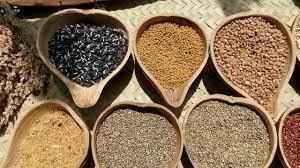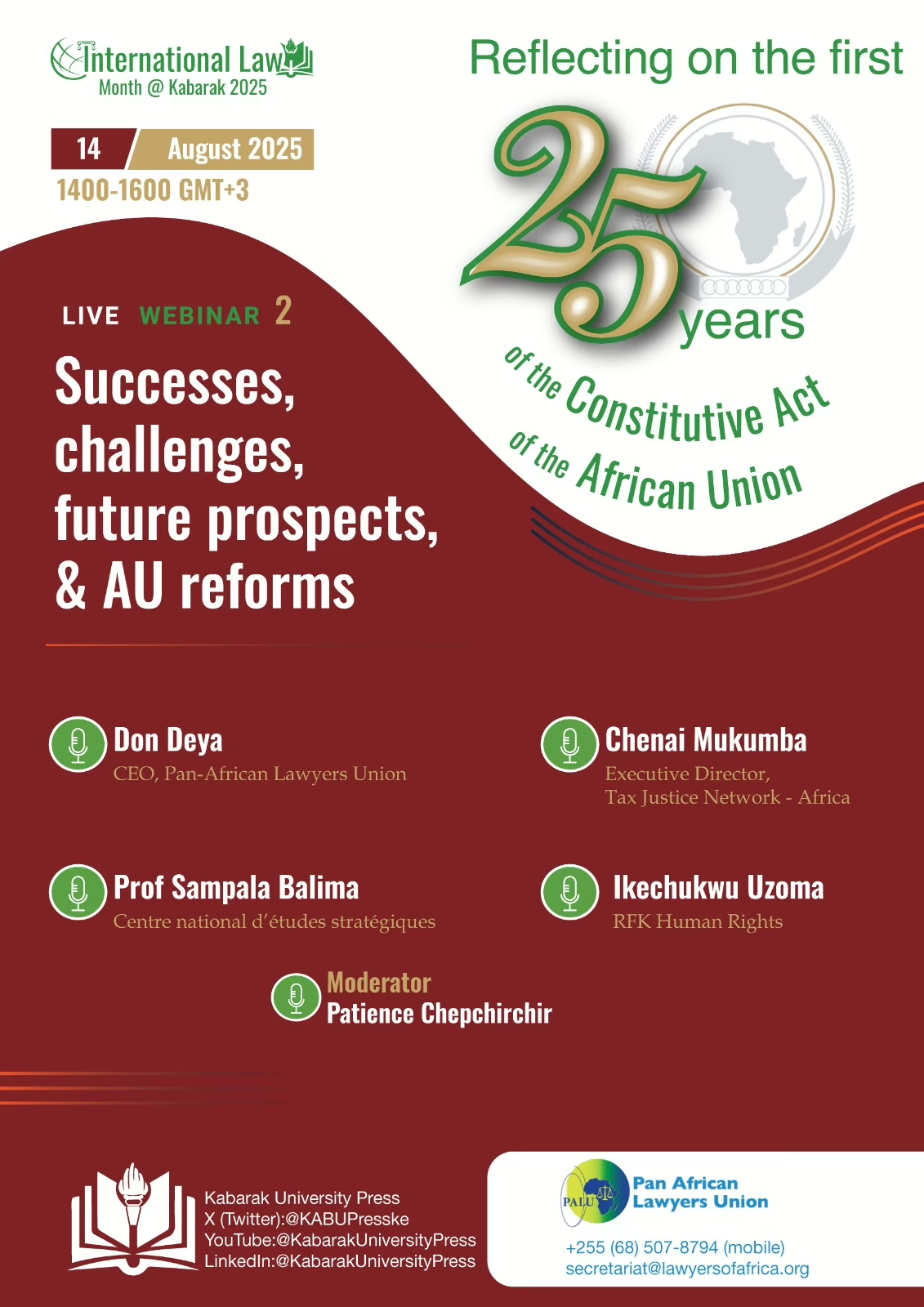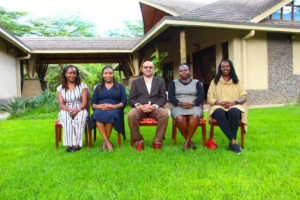Smallholder farmers with the support of Greenpeace Africa have filed a case in court over a 2012 punitive seed law that criminalises farmers for selling and sharing seeds that are unregistered and uncertified.
This legislation, punishes offenders with a prison sentence of up to a maximum of 2 years or a fine of up to KES 1,000,000. The public interest litigation filed at the Machakos law courts by 15 farmers representing many other smallholder farmers across the country is calling for an amendment of these punitive seed laws.
Greenpeace Africa, as an interested party in the litigation, is supporting farmers in their effort to send a clear message to the government that smallholder farmers will not relent until the government amends these neo-colonial laws that give free leeway for big multinationals and profit-driven entities to pirate local resources and exercise control over smallholder farmers.
“I cannot afford to purchase seeds for every planting season. With indigenous seeds I am sure I can get the seeds I need, when I need them. Why does the government want to oppress smallholder farmers by abolishing the use of indigenous seeds?” said Veronica Kiboino, a farmer from Baringo County. “Indigenous seeds represent our culture, our people’s way of life, a rich tradition that has been handed down from generation to generation. The government should amend these punitive seed laws and allow us to freely share and sell indigenous seeds,” added Kiboino.
Kenyan Law recognises the existence of both indigenous seeds and indigenous knowledge about these seeds. International legal instruments ratified by Kenya which import farmers’ rights to save, use, exchange and sell their farms’ saved seeds also recognise the realities that there is a need to protect these farmers’ rights. The Constitution and several international instruments place an obligation on Kenya to protect such rights.
Many smallholder farmers rely on informal farmer managed seed systems where farmers exchange indigenous seeds with each other to enable food production. Locking farmers out of agriculture by punitive seed laws will reduce agricultural productivity which in turn lowers income and food supply.
“By enacting this law, Kenya intends to sell its food system to the highest bidder. Kenya’s farmers will be knocked out of a self-sufficient system and be locked in a debt cycle by depending on seed companies for seed supply”, said Greenpeace Africa’s Campaigner, Claire Nasike. “With this petition in court, we hope the new government will do the right thing in putting the plight of the farmers first by amending this seed law to enable smallholder farmers share and exchange indigenous seeds freely,” added Nasike.
Farmer managed seed systems thrive largely on seed saving, sharing and exchange which also forms part of cultural practices from different ethnic groups in Kenya. Limiting the rights of farmers to share, exchange and sell seeds in the informal seed sector will reduce diverse seed access thus further aggravating food and nutritional insecurity in the country as witnessed in the recent past.



















